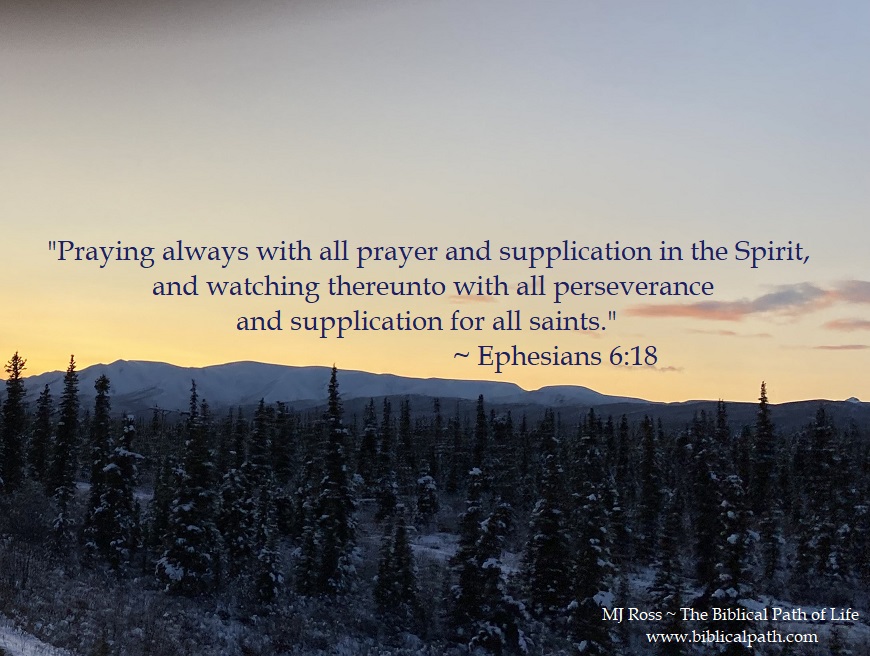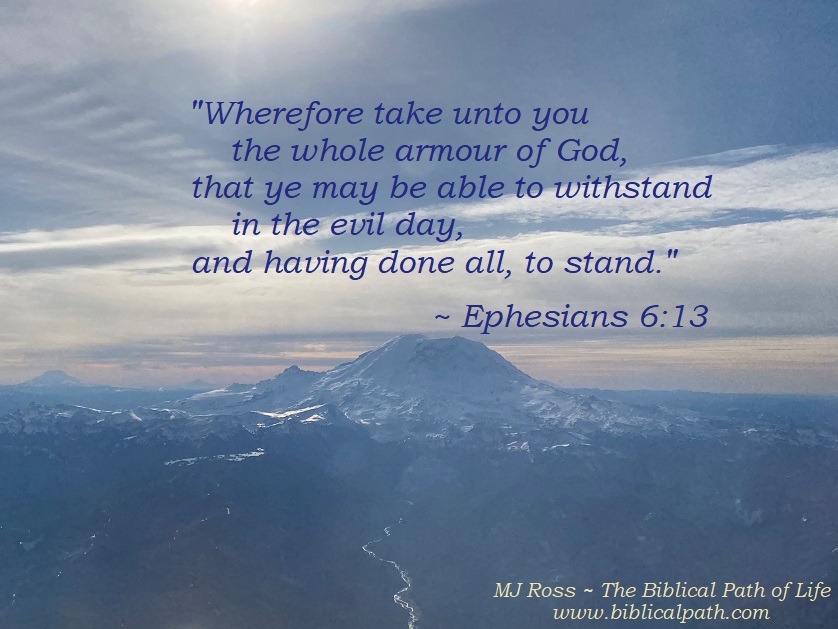
“For he was a good man, and full of the Holy Ghost and of faith: and much people was added unto the Lord.”
Acts 11:24
In the early church, persecution came. When the persecution came, the new Believers scattered, taking the name of Jesus with them. As they told others about Jesus, more people became Believers. “And the hand of the Lord was with them: and a great number believed, and turned unto the Lord” (Acts 11:21). These new Believers turned unto the Lord. They changed the course of their lives to a direction that pleased the Lord. This is the message Jesus sent with Paul:“To open their eyes, and to turn them from darkness to light, and from the power of Satan unto God, that they may receive forgiveness of sins, and inheritance among them which are sanctified by faith that is in me” (Acts 26:18). The people needed to know the importance of turning from darkness to the Light (Jesus – see John 8:12: “Then spake Jesus again unto them, saying, I am the light of the world: he that followeth me shall not walk in darkness, but shall have the light of life.”)
Once the people turned to the Lord, one needed to teach them how to live this new life in Christ. Word reached Jerusalem of the many who had turned to Jesus. “Then tidings of these things came unto the ears of the church which was in Jerusalem: and they sent forth Barnabas, that he should go as far as Antioch” (Acts 11:22). Barnabas was sent. He was a man who lived out in his life the faith he had placed in Jesus. Remember what faith in Jesus is: Faith means “faith in Christ; the means of appropriating what God in Christ has for man resulting in the transformation of man’s character and way of life – also called Christian faith.” Barnabas was the kind of man who would be able to help the new Believers learn how to live this new way of life. “Who, when he came, and had seen the grace of God, was glad, and exhorted them all, that with purpose of heart they would cleave unto the Lord” (Acts 11:23). Barnabas saw the grace of God in these new Believers. Grace means “especially the divine influence upon the heart, and its reflection in the life.” Remember what Jesus taught. “Either make the tree good, and his fruit good; or else make the tree corrupt, and his fruit corrupt: for the tree is known by his fruit” (Matthew 12:33). This “good fruit” was already being revealed in the people’s lives. Barnabas recognized in the Believer’s lives what had happened in their hearts. This greatly encouraged Barnabas!
Barnabas also exhorted (encouraged) them. The new Believers must intentionally, with purpose of heart, cleave to the Lord. They would cleave unto means “to adhere to, persevere in: abide still, be with, cleave unto, continue in (with).” Barnabas taught them the importance of persevering and continuing to walk with Jesus.
The next verse is pretty special. It tells us much about who Barnabas was and how God was so able to use him to help new Believers. “For he was a good man, and full of the Holy Ghost and of faith: and much people was added unto the Lord” (Acts 11:24).
- Barnabas was a good man:There are not many men called good in the Bible. Barnabas was one. Good means “good and benevolent, profitable, useful.” Remember what Jesus taught: “A good man out of the good treasure of his heart bringeth forth that which is good; and an evil man out of the evil treasure of his heart bringeth forth that which is evil: for of the abundance of the heart his mouth speaketh” (Luke 6:45). Whatever is in the heart is what comes forth. Barnabas obviously had good in his heart.
- Barnabas was full of the Holy Ghost: When something is full, there isn’t room for other things. To be full of the Holy Ghost (Spirit) means one has emptied himself of the world and the things of the world and instead replaced them with the things of God. Christians are commanded to do this. “And be not drunk with wine, wherein is excess; but be filled with the Spirit” (Ephesians 5:18). Most people tend to focus on the first part of that verse, but they forget the command of the second part. That is a pretty important thing to remember! Being filled with the Spirit will enable one to serve the Lord – much like Barnabas!
- Barnabas was a man of faith: Remember that faith is “appropriating what God in Christ has for man resulting in the transformation of man’s character and way of life.” Barnabas lived a transformed life. He had become more like Christ.
Did you notice the result because of Barnabas’ life and conduct? We read that “much people was added unto the Lord”. What a statement! Because Barnabas chose to live a Christ-like life, being filled with the Holy Spirit, he was able to help many others come to know Jesus.
Have you chosen to be good, emptied of self and filled with the Holy Spirit, and live a life of faith?




